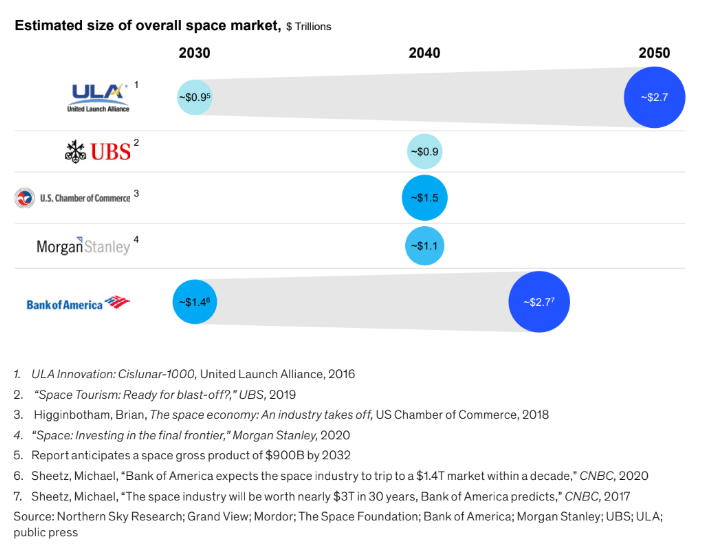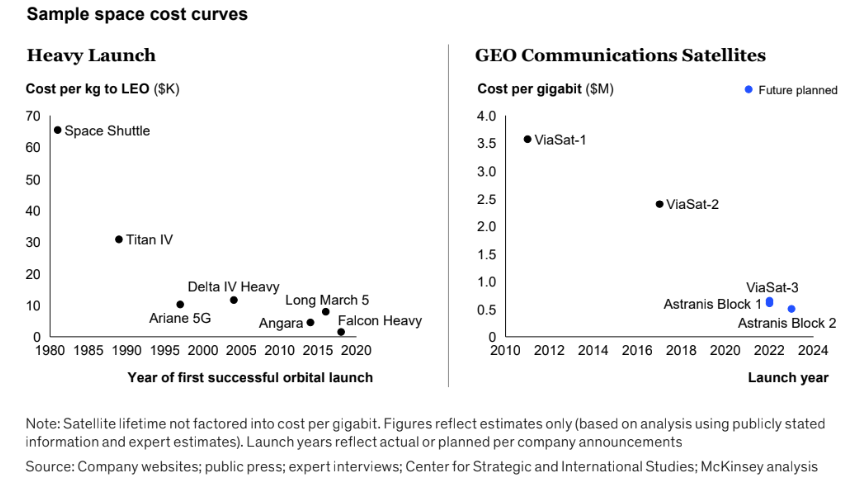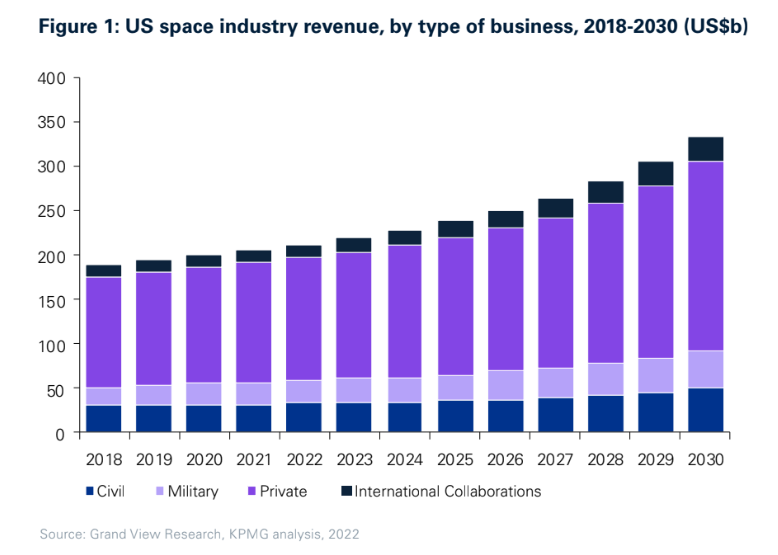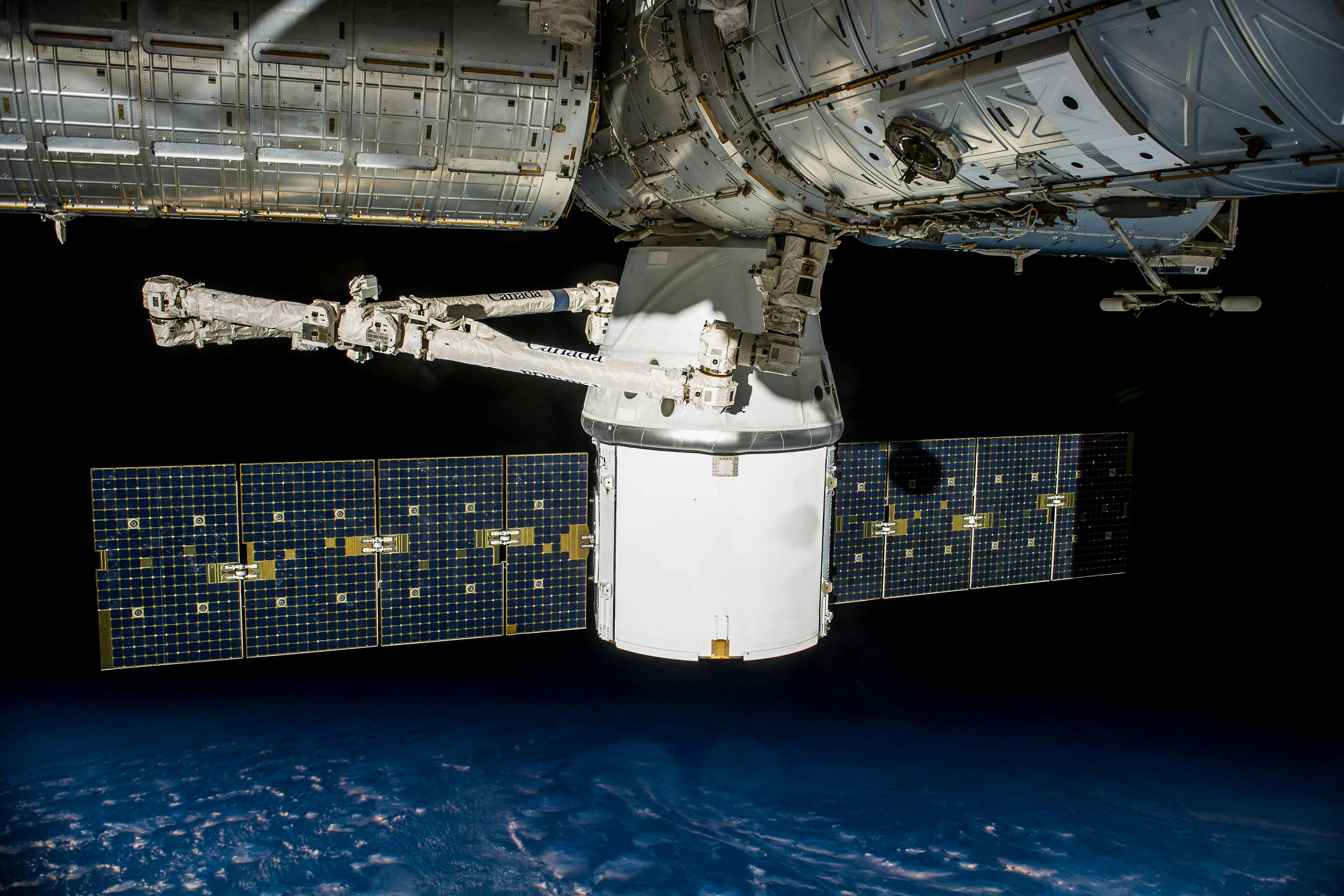Hey Space Enthusiasts!
Imagine a future where space isn’t just for astronauts or huge corporations. Picture a world where your neighbor might take a sub-orbital trip, where schools launch their own small satellites for experiments, and where companies of all sizes use space data every single day to make life better here on Earth. This isn’t science fiction anymore; this is the future of space becoming accessible to pretty much everyone. It’s a future we are incredibly excited about – a truly democratized space age where the benefits and wonder of space are within reach for so many more people.
And guess what? This future is already starting to happen! Just look at what’s been going on recently. In 2023 alone, we saw 221 orbital launches worldwide*, highest number yet! This surge shows just how much activity is happening up there, driven by falling costs and more commercial players getting involved. The global space economy is booming and projected to reach significant values, with estimates hitting US$600 billion by 2030 and even US$1.8 trillion by 2035**! This kind of growth, fueled by increased accessibility and investment, is truly unprecedented.
* BCG article, 2025: Space industry is booming, how to catch up?
** McKinsey insight report, 2024: Space: The $1.8 Trillion Opportunity for Global Economic Growth

Opening space to everyone isn’t without its bumps in the road, what significant challenges do we face?
- Space is getting crowded: Thousands of new satellites are being launched, especially into Low Earth Orbit (LEO), making it a busy neighborhood.
- Space debris is a real threat: All this activity means more ‘junk’ orbiting Earth. There are thousands of pieces of debris already, and more launches increase the risk of collisions. This debris is potentially dangerous and threatens the sustainability of space activities.
- The regulations and guidelines aren’t addressed: The current guidelines and treaties for space were mostly written decades ago when only a few governments were involved. They don’t fully address today’s challenges like managing space debris, deciding on property rights on the Moon or other celestial bodies, or figuring out how to share limited resources like the radio spectrum.
- Safety concerns: Besides debris, there are natural hazards in space, and with more people going up, ensuring everyone’s safety is paramount.
- Space is expensive: While costs are falling, space access and certain space-based services, or the ability to process complex space data, still have price tags that make them inaccessible for a lot of people and smaller entities.
- Need of skilled workforce: The industry needs lots of skilled people and finding enough folks with the right mix of technical and business skills is a challenge.
Why are these problems happening?
Well, part of it is the sheer pace of change. Technology is advancing so fast that regulations and infrastructure simply can’t keep up. The transition from a few government players to tons of commercial companies means we need new ways of operating and governing activities that were never envisioned before. Plus, the global nature of space means we need international agreement on tough issues like who is responsible for space debris or how resources are used, and getting countries and companies to agree isn’t always easy.
But we truly believe that if we can tackle these issues head-on, that utopian vision of space for everyone is absolutely within our grasp. The potential for space to benefit life on Earth is immense, from managing climate change to enabling global connectivity and medical breakthroughs. Unlocking this value depends on making space sustainable, safe, and accessible. By moving down the cost curve, the space sector has unlocked use cases that were previously cost-prohibitive. By moving down the cost curve, the space sector has unlocked use cases that were previously cost-prohibitive.

By moving down the cost curve, the space sector has unlocked use cases that were previously cost-prohibitive. By moving down the cost curve, the space sector has unlocked use cases that were previously cost-prohibitive.
So, what can we do about these challenges? Here are a few ideas emerging from experts in the field:
- Updating the regulations and guidelines: We need new, clear governance and regulations developed through global collaboration. This includes things like establishing responsible behaviors for operating in space, clarifying property rights, and figuring out better ways to manage spectrum usage. Maybe even creating a dedicated legal jurisdiction for space.
- Cleaning up space and preventing mess: This is critical! We need sustainable solutions for space debris, like international agreements for a moratorium on creating more debris (a “CFC moment” for space), developing ways to remove existing debris, and perhaps rules that require satellites to have propulsion for collision avoidance or mandate their removal after a certain time. Sustainable practices should be built into space activities from the start.
- Foster collaboration: Governments, companies, and other organizations need to work together more effectively. Sharing knowledge and resources, building international partnerships, and using neutral platforms for discussion can help us solve complex problems together.
- Keep innovating: We need continued advancements in areas like cheaper and reusable launch vehicles, advanced satellite technology, better battery technology, and using AI to unlock value from space data. Production and re-usability are key to bringing costs down further.
- Building the skilled workforce: We need to invest in education, inspire young people to pursue STEM careers, and open the workforce to a wider range of talents.
- Encouraging investment and new business models: Governments can help by supporting R&D and creating policies that make it easier for companies to enter the space market and build sustainable businesses.

Making space more accessible means moving beyond just the “Contested and Congested and Competitive” view to embrace the “Communal and Cooperative and Collaborative and Commercial” aspects as well. Democratizing space isn’t just about sending more people up; it’s about ensuring that the opportunities, data, and services from space can benefit everyone on Earth. It’s a huge undertaking, but one that promises a more connected, prosperous, and inspired future for all of humanity.
What are your thoughts on the democratization of space? What challenges do you think are most critical to solve, and what solutions excite you the most? Share your ideas below!
Ready to market your space-tech innovation to the world? At Zamun, we understand the growing momentum in the space industry—and we’re here to help you stand out. Whether you’re a startup breaking orbital barriers or an established player expanding into new frontiers, our tailored marketing solutions help you tell your story, build brand trust, and connect with the right audience. Let’s launch your vision beyond Earth—together.We offer a range of marketing and branding services, led by top professionals who have decades of experience. To know more about how we can take your organization to a higher orbit, visit Our Services Page or drop in an email to connect.)
FAQs
It means space is no longer just for governments or big space agencies—now startups, universities, and even individuals can get involved in space activities
Thanks to cheaper launch costs, miniaturized satellites, and private space companies, it’s become much more affordable and easier to reach space.
It leads to better tech on Earth—like GPS, faster internet, climate tracking, and disaster monitoring. It also creates new jobs and business opportunities.
Yes, including space debris, overcrowding, and lack of clear regulations. That’s why global cooperation and responsible innovation are so important.
Glossary
LEO: Orbit around the Earth at an altitude of 2,000 kilometers (1,200 miles) or less. It’s considered relatively close to Earth, allowing for easier access and deployment of satellites, and is often used for communications, observation, and research purposes.
CFC: CFC stands for chlorofluorocarbon. These are synthetic chemicals containing carbon, chlorine, and fluorine. They were previously widely used in various applications like refrigerants, solvents, and foam-blowing agents.
STEM: STEM is an acronym that stands for Science, Technology, Engineering, and Mathematics. It refers to a broad range of disciplines and fields, often used in the context of education and workforce development
